Moral and Spiritual Cultivation in Japanese Neo-Confucianism: The Life and Thought of Kaibara Ekken (1630-1714)
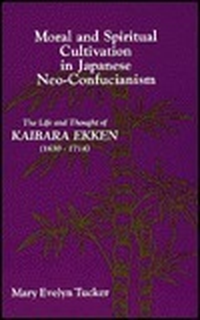
Summary
Kaibara Ekken (1630--1714) was the focal Neo-Confucian thinker of the early Tokagawa period. He established the importance of Neo-Confucianism in Japan at a time when Buddhism had long been the dominant religious philosophy. This is the first book-length presentation of his thought. It contains a lengthy introduction to Ekken's life, time, and thought, and a careful translation into readable English of Ekken's book, Precepts for Daily Life in Japan (Yamanto Zokkun).
Similar Books
-
 The Prince
The Princeby Niccolò Machiavelli
-
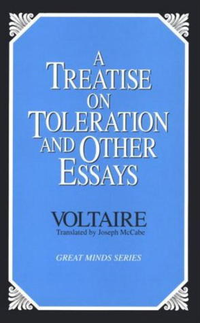 A Treatise on Toleration and Other Essays
A Treatise on Toleration and Other Essaysby Voltaire
-
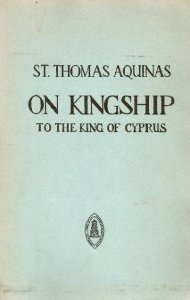 On Kingship to the King of Cyprus
On Kingship to the King of Cyprusby Thomas Aquinas
-
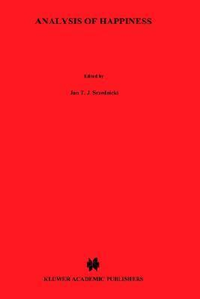 Analysis of Happiness
Analysis of Happinessby Władysław Tatarkiewicz
-
 Platonic Theology, Vol. 1: Books I–IV
Platonic Theology, Vol. 1: Books I–IVby Marsilio Ficino
-
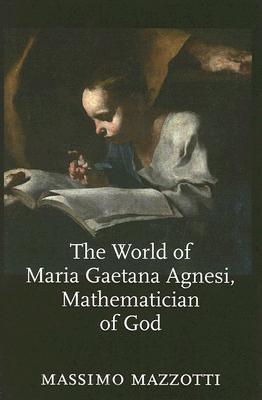
-
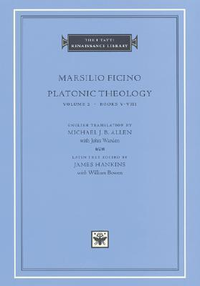 Platonic Theology, Vol. 2: Books V–VIII
Platonic Theology, Vol. 2: Books V–VIIIby Marsilio Ficino
-
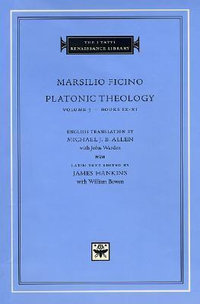 Platonic Theology, Vol. 3: Books IX–XI
Platonic Theology, Vol. 3: Books IX–XIby Marsilio Ficino
-
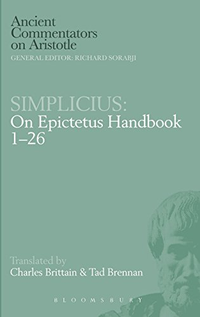 Simplicius: On Epictetus Handbook 1-26
Simplicius: On Epictetus Handbook 1-26by Assistant Professor Program in Ancient Philosophy Charles Brittain
-
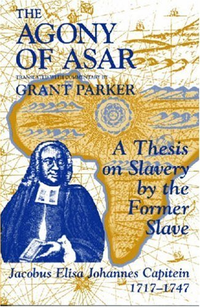
-
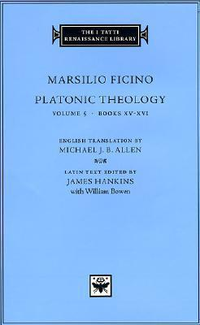 Platonic Theology, Volume 5: Books XV–XVI
Platonic Theology, Volume 5: Books XV–XVIby Marsilio Ficino
-
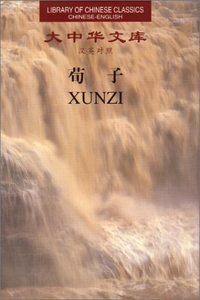 Xunzi
Xunziby John Knoblock
-
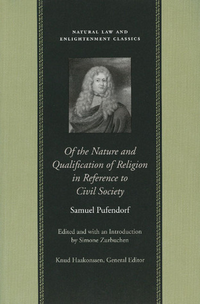 Of the Nature and Qualification of Religion in Reference to Civil Society
Of the Nature and Qualification of Religion in Reference to Civil Societyby Samuel von Pufendorf
-
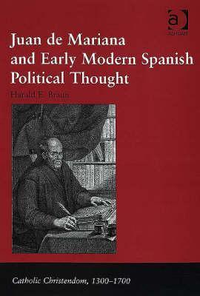 Juan de Mariana and Early Modern Spanish Political Thought
Juan de Mariana and Early Modern Spanish Political Thoughtby Harald E. Braun
-
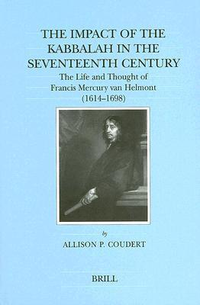
-
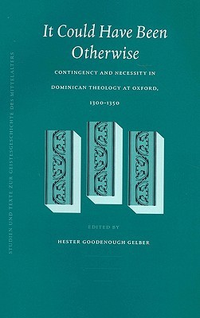 It Could Have Been Otherwise: Contingency and Necessity in Dominican Theology at Oxford, 1300-1350
It Could Have Been Otherwise: Contingency and Necessity in Dominican Theology at Oxford, 1300-1350by Hester Goodenough Gelber
-
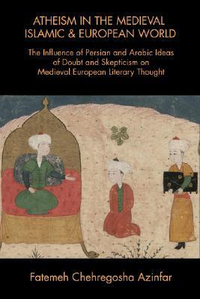
-
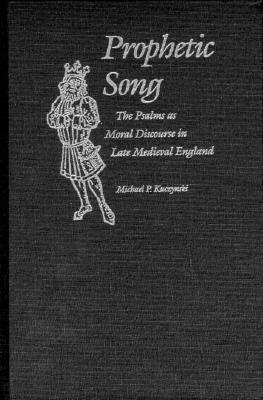 Prophetic Song: The Psalms as Moral Discourse in Late Medieval England
Prophetic Song: The Psalms as Moral Discourse in Late Medieval Englandby Michael P. Kuczynski
-

-
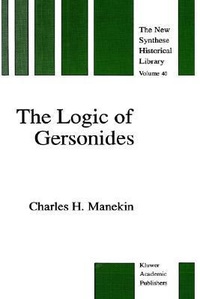
-
 Aristotle's Zoology and Its Renaissance Commentators (1521–1601)
Aristotle's Zoology and Its Renaissance Commentators (1521–1601)by Stefano Perfetti
-
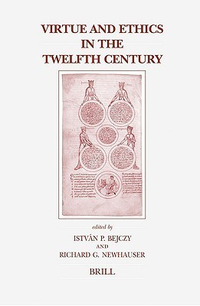 Virtue And Ethics in the Twelfth Century
Virtue And Ethics in the Twelfth Centuryby István Pieter Bejczy
-
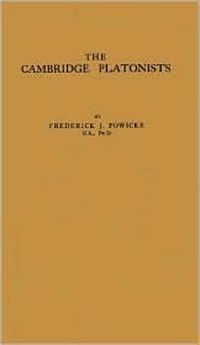 Cambridge Platonists:
Cambridge Platonists:by F.M. Powicke